THIS year’s May Day was an opportunity for Nigerian labour centres to examine how workers are faring under the laws and their general well-being in a stifling socio-economic society. It was an occasion which revealed that even their quest for justice, in a supposed arbitration system, can be quite problematic.
Justice Benedict Bakwaph Kanyip, President of the National Industrial Court, NIC, presented the first paper on ‘Labour Laws and Trade Unions in Nigeria’, while the second presentation on ‘People First In National Affairs’ was by Mr Femi Falana, a Senior Advocate of Nigeria, SAN.
The former began by trying to convince the audience that the NIC is neutral, even- handed and reliable which showed that after all, “Lady Justicia’ is blind”.
Mr Falana did not appear to agree. He pointed at the connivance between the NIC and government against labour. He said: “In recent times, whenever workers decide to embark on industrial action as a last resort, the Federal Government and state governments usually rush to the National Industrial Court to apply for an interim order of injunction. Instead of asking the government to put the trade unions involved on notice, the Court will grant the order to stop the planned strike.”
So, the issue whether the NIC or, indeed, the courts are neutral, especially where government is involved, became one of the major issues that arose at the Pre-May Day Lecture.
It is difficult for the poor to get justice, not just because the laws are made by the rich in the interest of the rich, or that the judge is necessarily pro-status quo. The fact is that the poor man, struggling to feed himself and his family, does not have the funds to hire a lawyer or engage in lengthy litigation. So, as we say in Nigeria, he leaves ‘everything to God’.
This scenario is worse in the case of a worker who may take his rich employer to court. It, therefore, serves the ends of justice for the establishment of a special industrial court that would speedily and conscientiously arbitrate between the employee and employer without being bogged down by technicalities. In other words, the industrial arbitration court should be more interested in the justice of a case than its technicalities. Such a court should not be so much interested in lawyers citing old cases. So, the procedures of the industrial court, unlike those of normal courts should be flexible, requiring knowledge of industrial relations and not necessarily the technicalities of the law. It should be such that the worker would not need a lawyer to present his case. It should be like the Biblical King Solomon’s court where litigants personally presented their cases and the judge dispensed justice.
This intent to promote industrial harmony and social justice was the reason for the establishment of the NIC as a tripartite court. To ensure this, the tripod of the industrial relations system: government, employers and workers, had institutional representation in the court. So, the NIC and its judgements benefited from the invaluable experiences of these institutional representatives. Another major advantage in the NIC’s composition was its guaranteed independence as the judges were independent of government and did not owe their career progression to anybody in government. As a reporter covering the NIC, one of the best judges I knew was Mr Bernard Obua, then Deputy General Secretary of the Nigeria Labour Congress, NLC, who was not a lawyer. Indeed, I covered cases where trade unionists without legal background, represented their unions and won cases, sometimes against established lawyers representing multinational corporations. These gave the Industrial Arbitration Panel, IAP, and the appellate NIC, lots of prestige.
All these changed when lawyers and government collaborators staged coups and pushed the institutional representatives of the employers and workers out of the NIC, leaving only appointees of the government. Secondly, membership of the NIC became restricted to only lawyers. Hitherto, a graduate of a recognised university, including lawyers, with a minimum ten-year post- qualification experience could be NIC judges. The additional proviso was that such a person must have considerable knowledge and experience in the law and practice of industrial relations and employment conditions in Nigeria.
The transformation of the NIC into a regular court, also changed its thought process. It was therefore no surprise that Justice Kanyip propagated views that can be termed anti-worker. For instance, he claimed that workers have no right to go on strike. When I pointed out that this may amount to forced labour because a human being has the right to work or refuse to work, he claimed he was presenting the position of the International Labour Organisation, ILO. I googled the ILO official website and it stated that: “The right to strike is recognised by the ILO’s supervisory bodies as an intrinsic corollary of the right to organise protected by Convention No. 87.” It went on to state that: “As early as 1927, the ILO explicitly recognised that the right to strike existed…a recognition which was not challenged by employers for more than 60 years.”
Furthermore, the Nigeria courts have made various declarations on this. For instance, in Union Bank of Nigeria, Plc V. MRS. EDET (1993) the courts held that: “It appears that whenever an employer ignores or breaches a term of that Agreement, resort could only be had, if at all, to negotiation between the Union and the employer, and ultimately, to a strike action should the need arise and it be appropriate.”
Justice Kanyip also flew another kite: that a strike action is an individual, not a collective right. By this he argued that a worker can opt out of a strike. On this, I also challenged him on the basis that a trade union is about the unity of the collective and its supremacy over the individual. So, if a union ballots its members and 90 per cent decide the union should go on strike, it is only democratic that this decision is upheld irrespective of the feeling of a single individual.
There was also another contentious issue. The judge held that irrespective of Section 5(4)of the Trade Union Act which states that no new union should be registered where one already exists, any new union that applies should be registered. In a sense, he is backed by the ILO position on plurarity, but this defeats Nigeria’s 1977 decision to stop the endless proliferation of unions by registering unions at industrial, not company level. Given this, government can destroy unions in the long run by simply registering multiple trade unions in every sector or even company. If the NIC is now a duplication of the Appeal Court, why not scrap it?
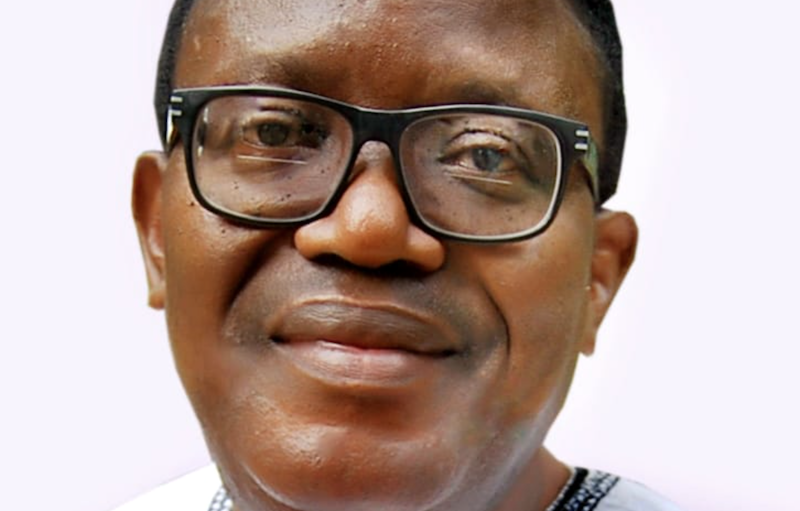
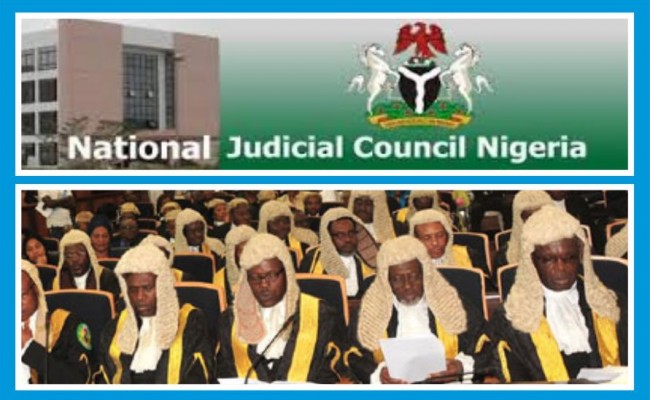
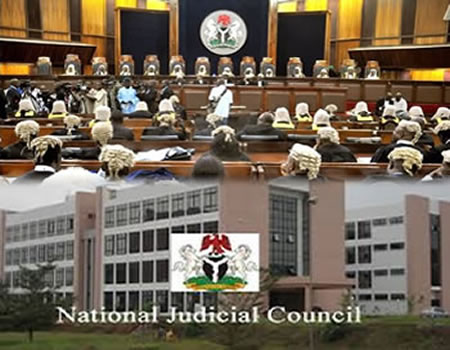
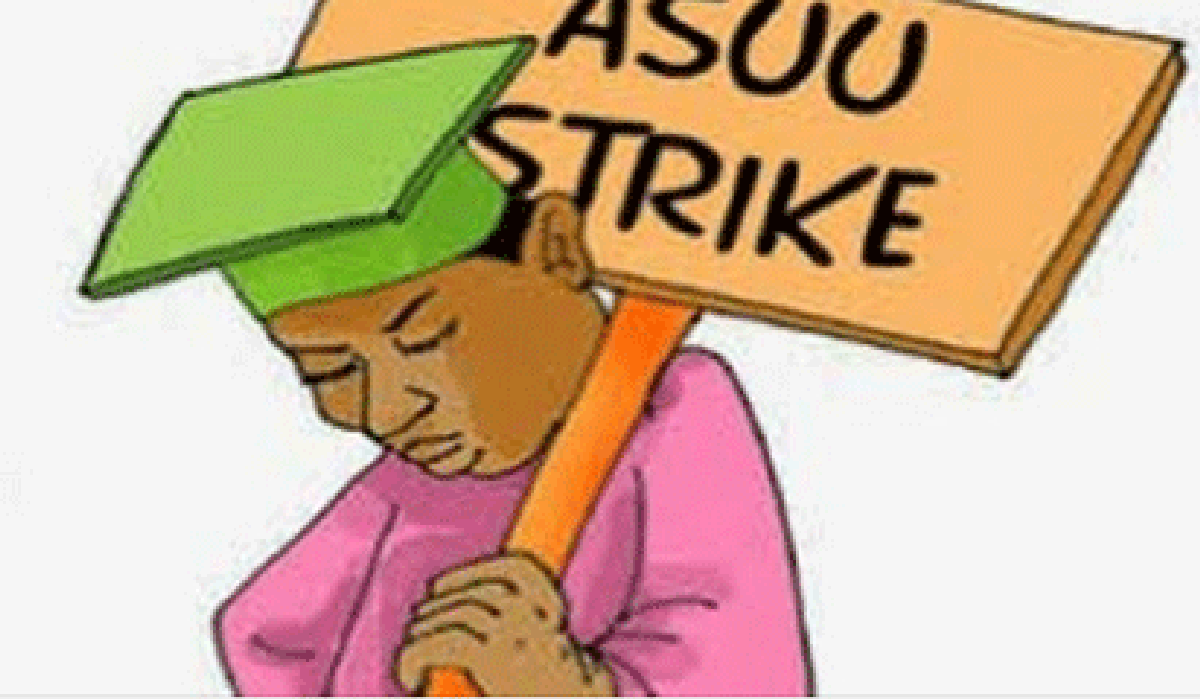
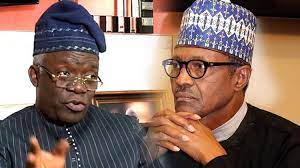

![[BREAKING] Full list: 19 judges approved by Osinbajo for National Industrial Court](https://thenewsguru.ng/wp-content/uploads/2017/06/delete5.png)